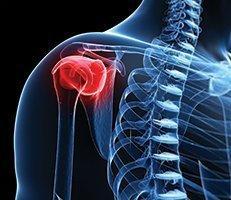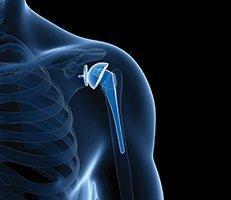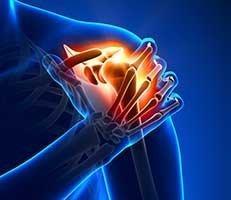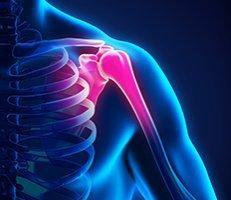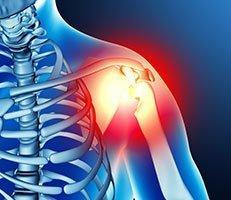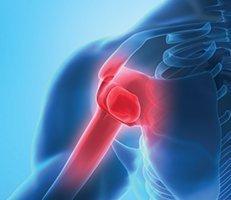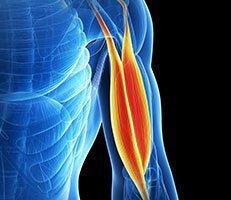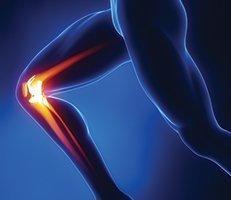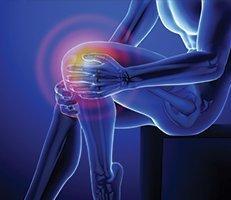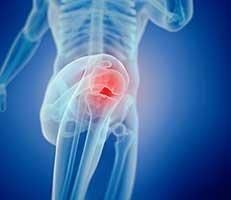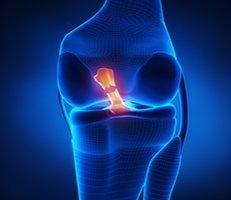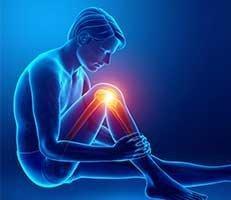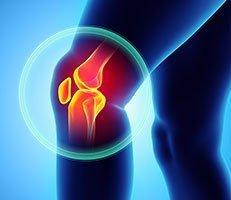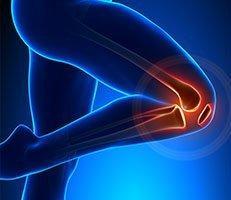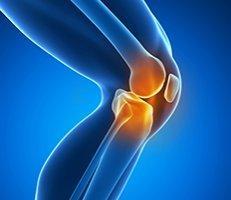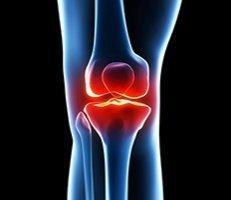<h3><a href="/contents/injuries" data-mce-href="../../contents/injuries">Injuries</a></h3><ul><li><h3><a href="/contents/injuries/knee-injuries" data-mce-href="../../contents/injuries/knee-injuries">Knee Injuries</a></h3><ul><li><a href="/contents/injuries/knee-injuries/knee-anatomy" data-mce-href="../../contents/injuries/knee-injuries/knee-anatomy">Knee Anatomy</a></li><li><a href="/contents/injuries/knee-injuries/acl-tear-knee-injuries" data-mce-href="../../contents/injuries/knee-injuries/acl-tear-knee-injuries">ACL Tear</a></li><li><a href="/contents/injuries/knee-injuries/bakers-cyst" data-mce-href="../../contents/injuries/knee-injuries/bakers-cyst">Baker's Cyst</a></li><li><a href="/contents/injuries/knee-injuries/iliotibial-band-syndrome" data-mce-href="../../contents/injuries/knee-injuries/iliotibial-band-syndrome">Iliotibial Band Syndrome</a></li><li><a href="/contents/injuries/knee-injuries/knee-fractures" data-mce-href="../../contents/injuries/knee-injuries/knee-fractures">Knee Fractures</a></li><li><a href="/contents/injuries/knee-injuries/mcl-sprain" data-mce-href="../../contents/injuries/knee-injuries/mcl-sprain">MCL Sprain</a></li><li><a href="/contents/injuries/knee-injuries/meniscus-injury" data-mce-href="../../contents/injuries/knee-injuries/meniscus-injury">Meniscus Injury</a></li><li><a href="/contents/injuries/knee-injuries/osteoarthritis-of-the-knee" data-mce-href="../../contents/injuries/knee-injuries/osteoarthritis-of-the-knee">Knee Osteoarthritis</a></li><li><a href="/contents/injuries/knee-injuries/patella-dislocation" data-mce-href="../../contents/injuries/knee-injuries/patella-dislocation">Patella Dislocation</a></li><li><a href="/contents/injuries/knee-injuries/patellar-tendonitis" data-mce-href="../../contents/injuries/knee-injuries/patellar-tendonitis">Patellar Tendonitis</a></li><li><a href="/contents/injuries/knee-injuries/mpfl-reconstruction" data-mce-href="../../contents/injuries/knee-injuries/mpfl-reconstruction">MPFL Reconstruction</a></li></ul></li><li><h3><a href="/contents/injuries/shoulder-injuries" data-mce-href="../../contents/injuries/shoulder-injuries">Shoulder Injuries</a></h3><ul><li><a href="/contents/injuries/shoulder-injuries/shoulder-anatomy" data-mce-href="../../contents/injuries/shoulder-injuries/shoulder-anatomy">Shoulder Anatomy</a></li><li><a href="/contents/injuries/shoulder-injuries/osteoarthritis-of-the-shoulder" data-mce-href="../../contents/injuries/shoulder-injuries/osteoarthritis-of-the-shoulder">Shoulder Arthritis</a></li><li><a href="/contents/injuries/shoulder-injuries/ac-joint-injuries" data-mce-href="../../contents/injuries/shoulder-injuries/ac-joint-injuries">AC Joint Injuries</a></li><li><a href="/contents/injuries/shoulder-injuries/rotator-cuff-tear-tendonitis" data-mce-href="../../contents/injuries/shoulder-injuries/rotator-cuff-tear-tendonitis">Rotator Cuff Tear</a></li><li><a href="/contents/injuries/shoulder-injuries/bicep-tendon-injuries-shoulder" data-mce-href="../../contents/injuries/shoulder-injuries/bicep-tendon-injuries-shoulder">Bicep Tendon Injuries</a></li><li><a href="/contents/injuries/shoulder-injuries/slap-tear" data-mce-href="../../contents/injuries/shoulder-injuries/slap-tear">SLAP Tear</a></li><li><a href="/contents/injuries/shoulder-injuries/rotator-cuff-arthropathy" data-mce-href="../../contents/injuries/shoulder-injuries/rotator-cuff-arthropathy">Rotator Cuff Arthropathy</a></li><li><a href="/contents/injuries/shoulder-injuries/shoulder-impingement" data-mce-href="../../contents/injuries/shoulder-injuries/shoulder-impingement">Shoulder Impingement</a></li><li><a href="/contents/injuries/shoulder-injuries/frozen-shoulder" data-mce-href="../../contents/injuries/shoulder-injuries/frozen-shoulder">Frozen Shoulder</a></li><li><a href="/contents/injuries/shoulder-injuries/shoulder-instability-injuries" data-mce-href="../../contents/injuries/shoulder-injuries/shoulder-instability-injuries">Shoulder Instability</a></li></ul></li><li><h3><a href="/contents/injuries/sports-medicine" data-mce-href="../../contents/injuries/sports-medicine">Sports Medicine</a></h3><ul><li><a href="/contents/injuries/sports-medicine/achilles-tendon-injuries" data-mce-href="../../contents/injuries/sports-medicine/achilles-tendon-injuries">Achilles Tendon Injuries</a></li><li><a href="/contents/injuries/sports-medicine/foot-and-ankle-injuries" data-mce-href="../../contents/injuries/sports-medicine/foot-and-ankle-injuries">Foot and Ankle Injuries</a></li><li><a href="/contents/injuries/sports-medicine/fractures-and-sprains" data-mce-href="../../contents/injuries/sports-medicine/fractures-and-sprains">Fractures and Sprains</a></li><li><a href="/contents/injuries/sports-medicine/hand-and-upper-extremity-injuries" data-mce-href="../../contents/injuries/sports-medicine/hand-and-upper-extremity-injuries">Hand and Upper Extremity</a></li><li><a href="/contents/injuries/sports-medicine/pectoralis-major-tendon-rupture" data-mce-href="../../contents/injuries/sports-medicine/pectoralis-major-tendon-rupture">Pectoralis Major Tendon</a></li><li><a href="/contents/injuries/sports-medicine/triceps-tendon-rupture" data-mce-href="../../contents/injuries/sports-medicine/triceps-tendon-rupture">Triceps Tendon Rupture</a></li></ul></li><li><h3><a href="/contents/injuries/arthritis" data-mce-href="../../contents/injuries/arthritis">Arthritis</a></h3></li><li><h3><a href="/contents/injuries/second-opinion-2" data-mce-href="../../contents/injuries/second-opinion-2">Second Opinion</a></h3></li></ul><h3><a href="/contents/treatments" data-mce-href="../../contents/treatments">Treatments</a></h3><ul><li><h3><a href="/contents/treatments/knee-treatments" data-mce-href="../../contents/treatments/knee-treatments">Knee Treatments</a></h3><ul><li><a href="/contents/treatments/knee-treatments/acl-reconstruction-surgery" data-mce-href="../../contents/treatments/knee-treatments/acl-reconstruction-surgery">ACL Reconstruction Surgery</a></li><li><a href="/contents/treatments/knee-treatments/revision-acl-reconstruction" data-mce-href="../../contents/treatments/knee-treatments/revision-acl-reconstruction">Revision ACL Reconstruction</a></li><li><a href="/contents/treatments/knee-treatments/knee-replacement-surgery" data-mce-href="../../contents/treatments/knee-treatments/knee-replacement-surgery">Knee Replacement Surgery</a></li><li><a href="/contents/treatments/knee-treatments/revision-knee-surgery" data-mce-href="../../contents/treatments/knee-treatments/revision-knee-surgery">Revision Knee Surgery</a></li><li><a href="/contents/treatments/knee-treatments/cartilage-repair" data-mce-href="../../contents/treatments/knee-treatments/cartilage-repair">Cartilage Repair</a></li><li><a href="/contents/treatments/knee-treatments/knee-arthritis-treatments" data-mce-href="../../contents/treatments/knee-treatments/knee-arthritis-treatments">Knee Arthritis Treatments</a></li><li><a href="/contents/treatments/knee-treatments/knee-fracture-repair" data-mce-href="../../contents/treatments/knee-treatments/knee-fracture-repair">Knee Fracture Repair</a></li><li><a href="/contents/treatments/knee-treatments/ligament-repair-surgery" data-mce-href="../../contents/treatments/knee-treatments/ligament-repair-surgery">Ligament Repair Surgery</a></li><li><a href="/contents/treatments/knee-treatments/meniscus-tear-treatment" data-mce-href="../../contents/treatments/knee-treatments/meniscus-tear-treatment">Meniscus Tear Treatment</a></li></ul></li><li><h3><a href="/contents/treatments/shoulder-treatments" data-mce-href="../../contents/treatments/shoulder-treatments">Shoulder Treatments</a></h3><ul><li><a href="/contents/treatments/shoulder-treatments/ac-joint-repair-treatments" data-mce-href="../../contents/treatments/shoulder-treatments/ac-joint-repair-treatments">AC Joint Repair Treatments</a></li><li><a href="/contents/treatments/shoulder-treatments/biceps-tendon-treatment" data-mce-href="../../contents/treatments/shoulder-treatments/biceps-tendon-tre
 Rotator Cuff Tearmore info
Rotator Cuff Tearmore info Shoulder Replacementmore info
Shoulder Replacementmore info Revision Shoulder Replacement Surgerymore info
Revision Shoulder Replacement Surgerymore info Shoulder Arthritismore info
Shoulder Arthritismore info Shoulder Instabilitymore info
Shoulder Instabilitymore info Shoulder Surgerymore info
Shoulder Surgerymore info Bicep Tendon Injuriesmore info
Bicep Tendon Injuriesmore info Sports Injuriesmore info
Sports Injuriesmore info ACL Surgerymore info
ACL Surgerymore info ACL Revision Surgerymore info
ACL Revision Surgerymore info ACL Tearmore info
ACL Tearmore info Meniscus Surgerymore info
Meniscus Surgerymore info Knee Replacementmore info
Knee Replacementmore info Knee Arthritismore info
Knee Arthritismore info Knee Surgerymore info
Knee Surgerymore info Second Opinionmore info
Second Opinionmore info

